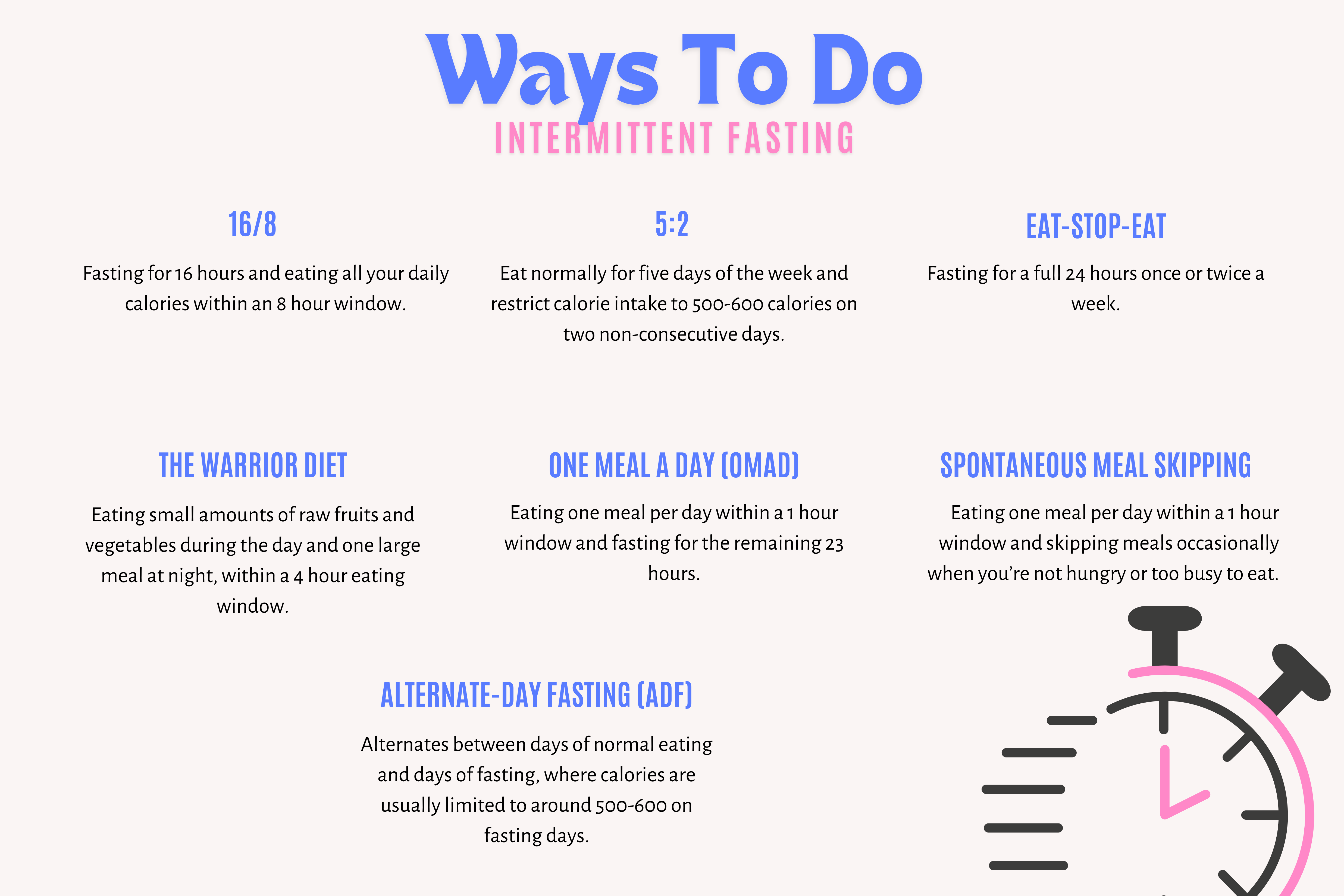Intermittent fasting has become a popular health trend, offering more than just weight loss. The timing aspect is key, as it aims to extend the fasting window for various health benefits. If you're considering making a change, here are five compelling reasons to try intermittent fasting, including its ability to improve metabolic health, boost energy, and support weight management. By incorporating intermittent fasting into your lifestyle, you can experience a wide range of health benefits.
Health Benefits of Intermittent Fasting
1. Weight Loss
One of the most common reasons to try intermittent fasting is its ability to support weight loss. By extending the time your body stays in a fasted state, it boosts fat burning. During fasting periods, your insulin levels drop, encouraging the body to burn stored fat for energy. This also helps speed up metabolism by increasing norepinephrine, a hormone that accelerates calorie burning. Since intermittent fasting naturally reduces the eating window, it leads to lower calorie intake without the need for restrictive dieting. Pairing it with a high-protein diet can further boost fat burning and improve insulin sensitivity, allowing your body to use glucose more efficiently and reduce fat storage.
2. Lower Risk of Type 2 Diabetes
During fasting periods, insulin levels drop, reducing the likelihood of insulin resistance, which is a key factor in diabetes development. This eating pattern also promotes weight loss, which is crucial for diabetes prevention, as excess weight is a significant risk factor. If we allow our body to have extended breaks from constant food intake, intermittent fasting reduces the overall demand on the pancreas to produce insulin.
3. Improved Heart Health
Another significant reason to try intermittent fasting is its impact on heart health. IF plays a vital role in enhancing heart health by effectively reducing levels of harmful LDL cholesterol and triglycerides. These reductions are crucial for lowering the risk of developing cardiovascular disease. Additionally, intermittent fasting promotes weight loss and significantly reduces abdominal fat, which contributes to lower blood pressure, ultimately easing the heart’s workload. Moreover, improved insulin sensitivity resulting from fasting helps prevent dangerous blood sugar spikes that can lead to arterial damage. Overall, intermittent fasting emerges as a comprehensive strategy for fostering heart health and minimizing cardiovascular risks.
4. Improved Brain Health
Intermittent fasting can significantly boost brain function by promoting the release of brain-derived neurotrophic factor (BDNF), a protein crucial for learning and memory. Additionally, fasting triggers autophagy, which helps clear out damaged cells and reduces the risk of neurodegenerative diseases. Overall, these benefits contribute to improved cognitive performance and brain health.
5. Reduced Risk of Cancer
Finally, one of the compelling reasons to try intermittent fasting is its potential in reducing the risk of cancer. Intermittent fasting reduces the risk of cancer by limiting the growth and proliferation of cancer cells, which thrive on constant nutrient supply. Fasting periods trigger autophagy, the body’s natural process of cleaning out damaged cells, which can prevent the development of cancerous cells. By improving insulin sensitivity and reducing levels of insulin-like growth factor (IGF-1), intermittent fasting helps decrease the risk of hormone-related cancers. Through these mechanisms, intermittent fasting acts as a powerful preventative strategy against cancer.

Chosing the Right Method
Selecting the appropriate type of intermittent fasting depends on your lifestyle, health goals, and personal preferences. Here are some tips to help you choose:
Start Slowly: If you’re new to fasting, begin with the 16/8 intermittent fasting method to adjust gradually.
Consider Your Routine: Choose a method that fits your daily schedule and activities.
Listen to Your Body: Pay attention to how your body responds and adjust as needed.
Consult a Professional: If you have any underlying health conditions, consult with a healthcare provider before starting any fasting regimen.
Disclaimer: The information in this article is for informational purposes only and is not medical advice. Consult a healthcare professional before making any changes to your diet, exercise, or lifestyle, particularly if you have pre-existing conditions. The author and website are not responsible for any adverse effects from using this information.
References:
- B. Lakshmi Reddy, Vamsee S. Reddy, Milton H. Saier Jr.; Health Benefits of Intermittent Fasting. Microb Physiol 20 July 2024; 34 (1): 142–152. https://doi.org/10.1159/000540068
- Mark P. Mattson, Valter D. Longo, Michelle Harvie,; Impact of intermittent fasting on health and disease processes, Ageing Research Reviews, Volume 39, 2017, Pages 46-58, ISSN 1568-1637, https://doi.org/10.1016/j.arr.2016.10.005
- Epstein, E.S., Maysent, K., Wilkinson, M.J. (2021). Fasting for Cardiovascular Health. In: Wilkinson, M.J., Garshick, M.S., Taub, P.R. (eds) Prevention and Treatment of Cardiovascular Disease. Contemporary Cardiology. Humana, Cham. https://doi.org/10.1007/978-3-030-78177-4_9




